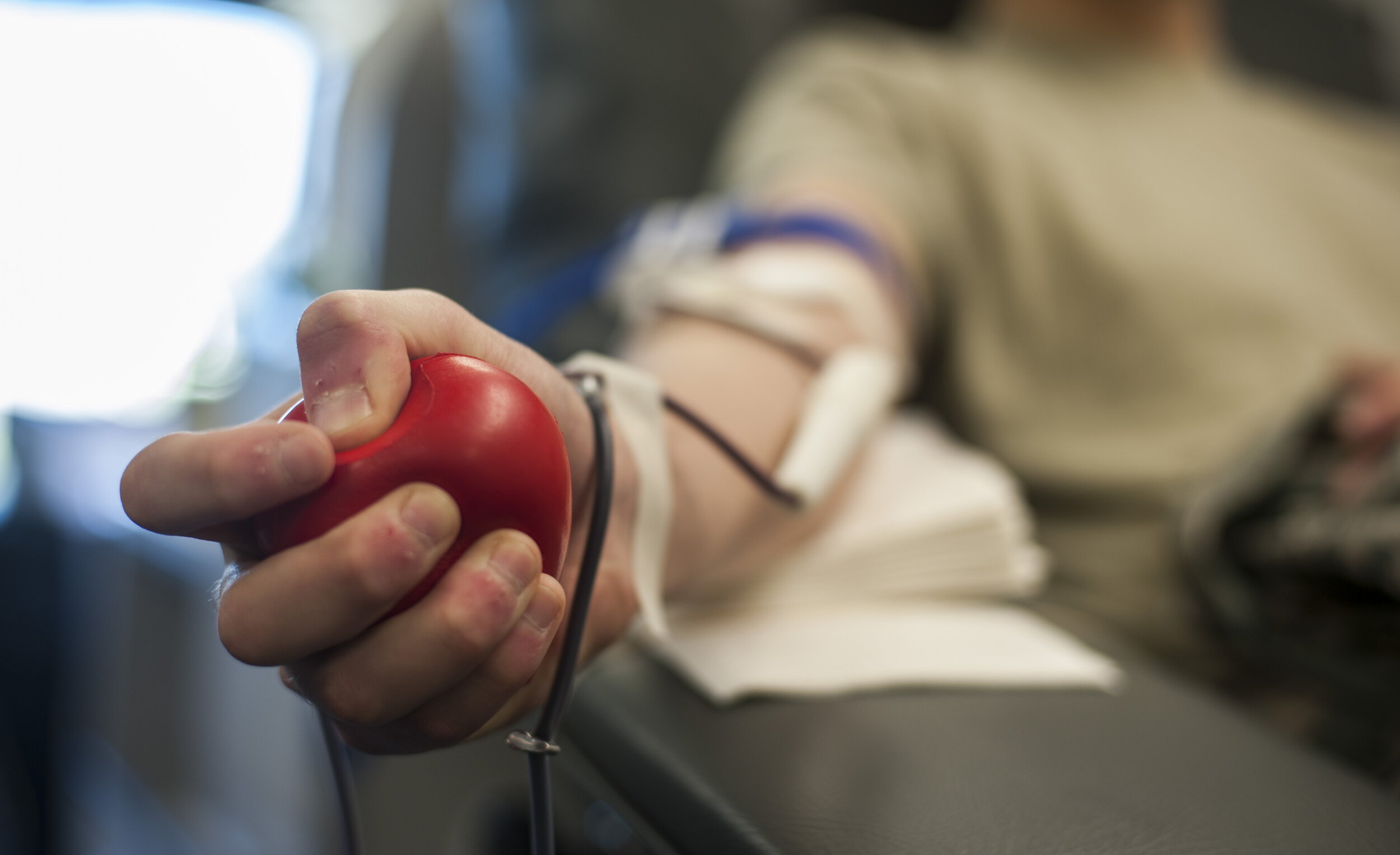You can still replenish NYC’s dwindling blood supply despite COVID-19
/New Yorkers can still donate blood to replenish the city’s emergency reserve despite the COVID-19 outbreak. Photo via U.S. Defense Department
By Rachel Vick
As the COVID-19 crisis strains the city’s healthcare system, its impact is felt in many indirect ways, including a depletion of New York City’s blood supply.
New Yorkers can still donate blood, however.
“It's hard but people are amazing and they want to help,” said a spokesperson for the American Red Cross. “It’s a great way to get involved.”
New Yorkers, she said, “may feel helpless but donating blood is one of the greatest gifts you can give, and because it can’t be manufactured, the only way to get it is from volunteers.”
The cancellation of blood drives has led to far fewer donations than usual across the country and prompted concerns about how hospitals will treat medical emergencies.
Community organizations nationwide have canceled roughly 7,000 blood drives as of Tuesday, according to the American Red Cross, and several organizations have reported blood shortages due to the pandemic. The risk of contamination and the accompanying fear have dissuaded many people from showing up to give blood, platelets and plasma.
The Red Cross is looking to find facilities that can accommodate a drive while taking precautions to prevent the spread of the coronavirus, the spokesperson said.
The organization is taking additional measures to ensure the safety of donors and staff, such as temperature checks, bed-spacing and increased equipment disinfection, according to the Red Cross website.
Blood banks across the city continue to accept donations from healthy individuals, including sites at Elmhurst Hospital Center and New York-Presbyterian/Queens.
There is no known risk of Covid-19 or any previous coronavirus strain being transmitted through blood.
A fresh supply is always needed: Red blood cells have a shelf life of 42 days and platelets only five, according to a joint letter to the Centers for Disease Control and Infection from the American Red Cross and America’s Blood Centers, or ABC.
A freeze on elective surgeries eliminates some of the need for new blood, but a decrease threatens the health of patients who rely on transfusions.
“Blood donors are needed now more than ever. We cannot wait for the situation to intensify further before taking action,” said ABC Executive Kate Fry. “The blood supply cannot be taken for granted and the coronavirus only heightens the need for a ready blood supply.”




